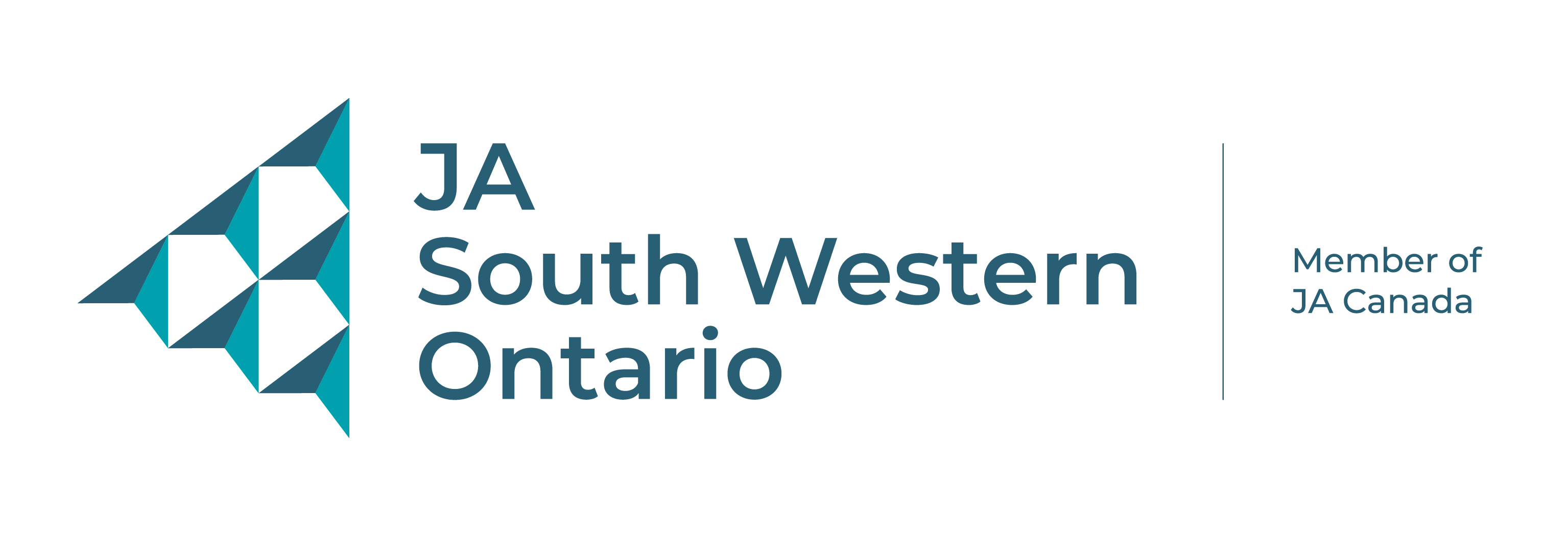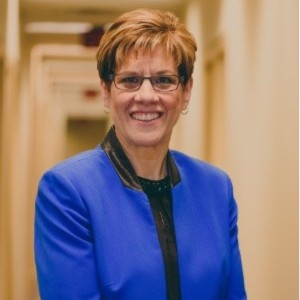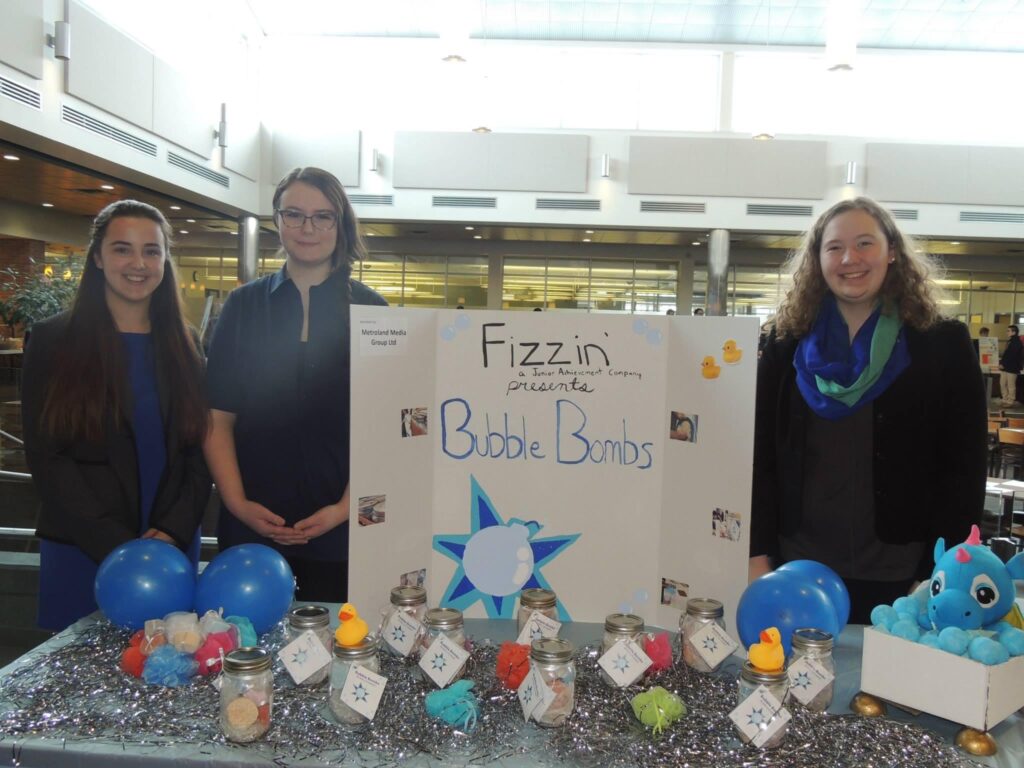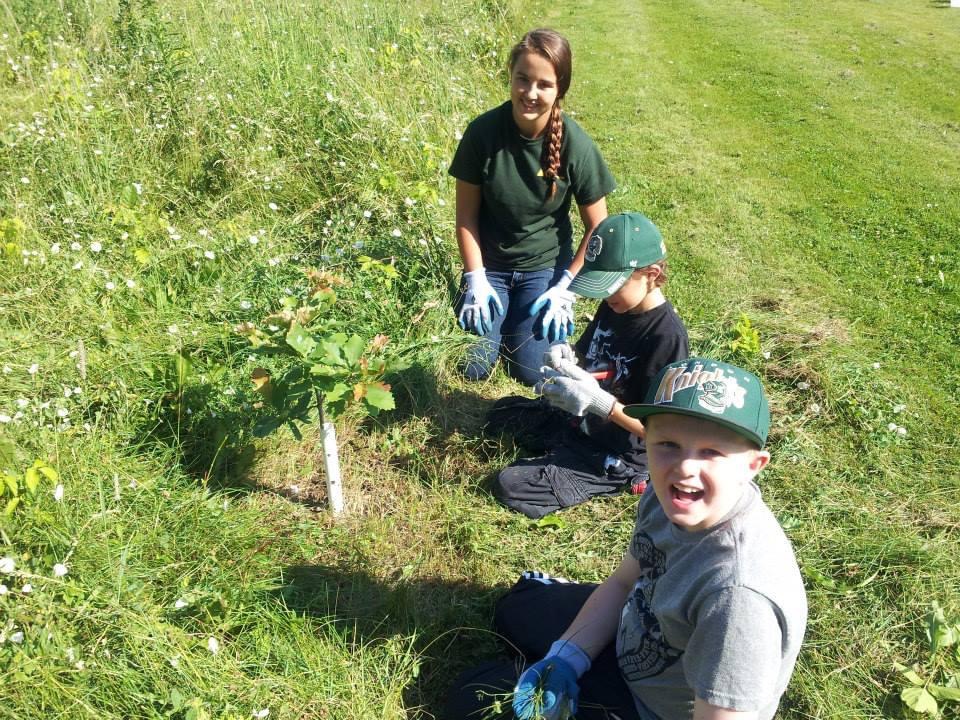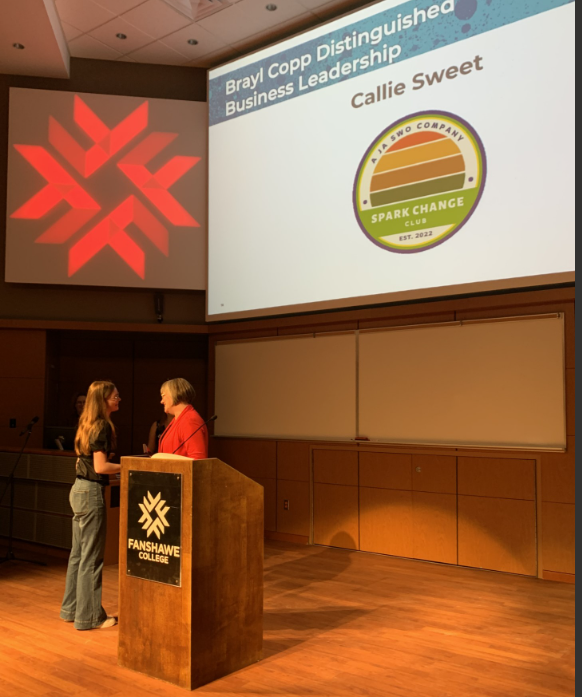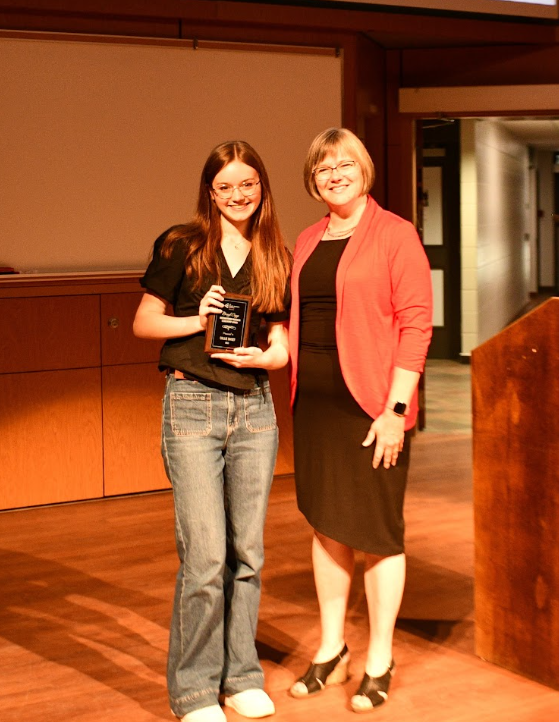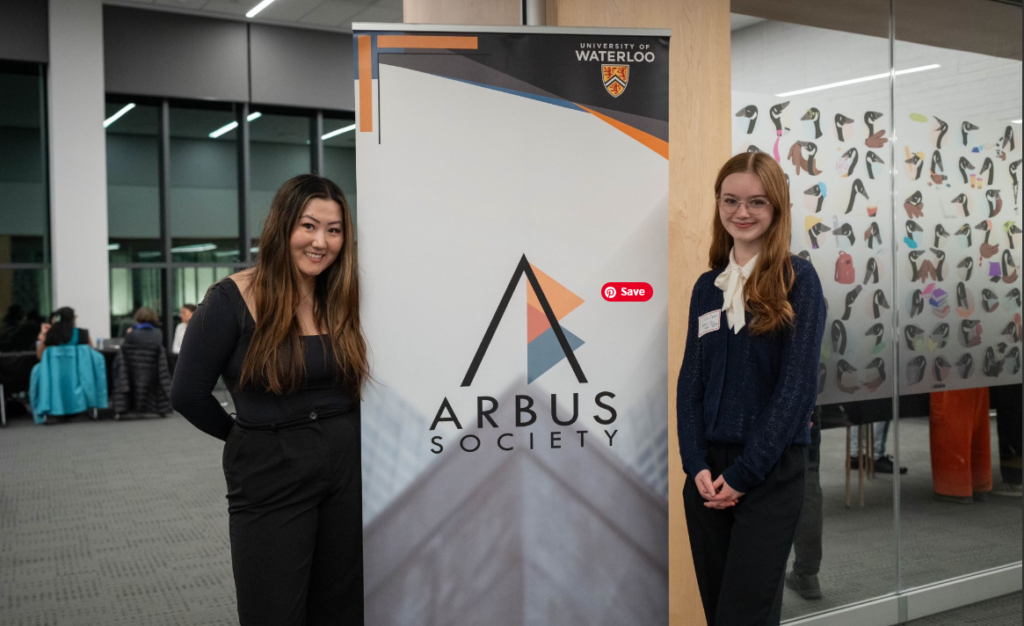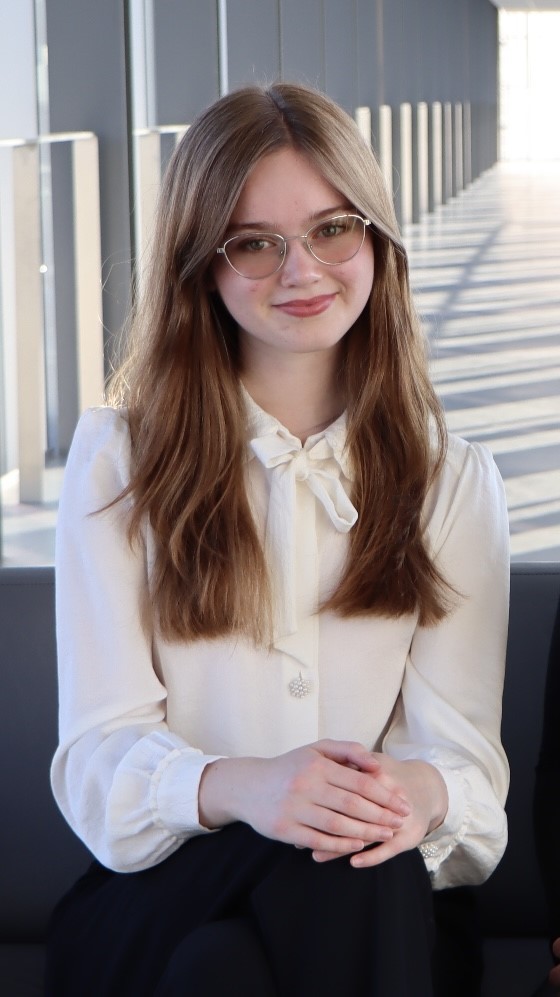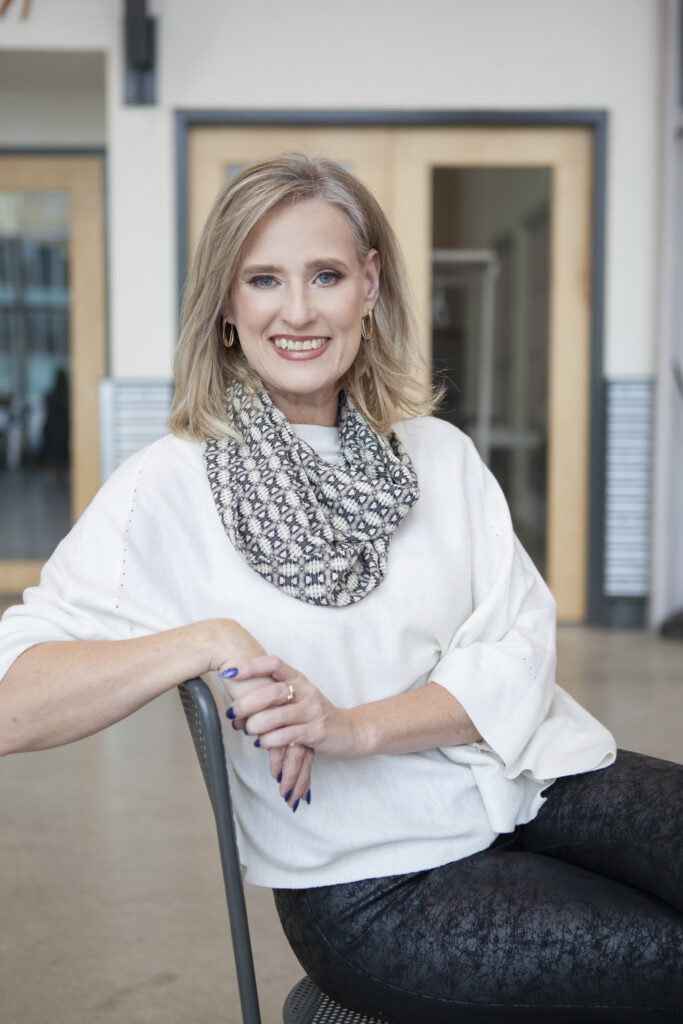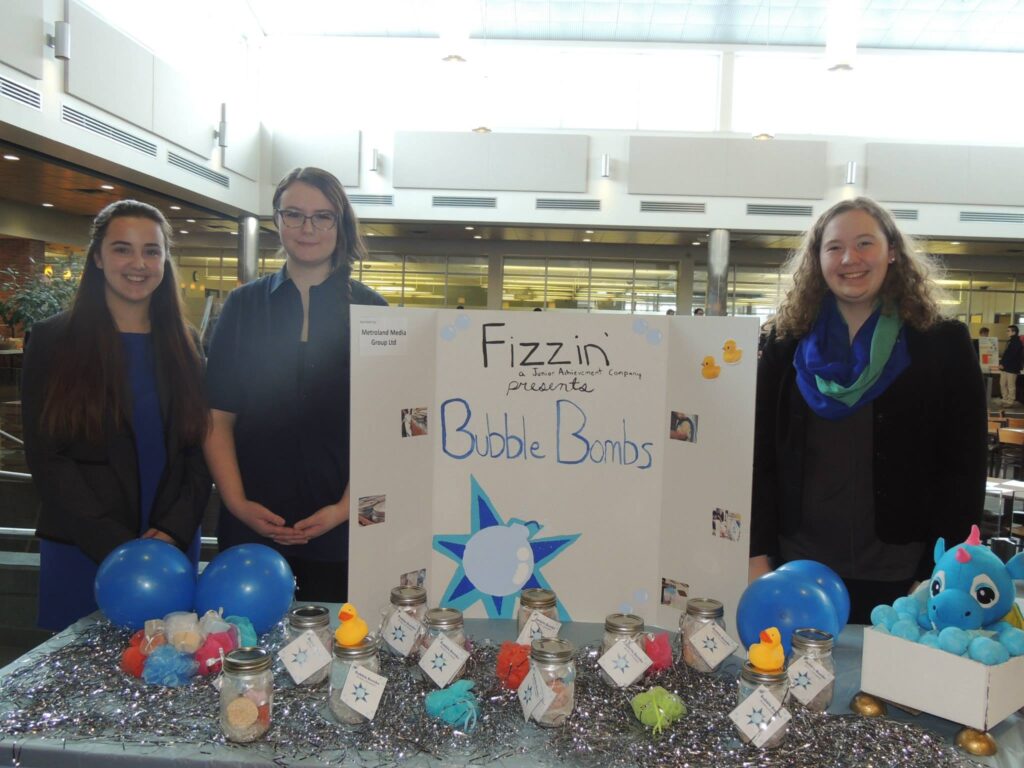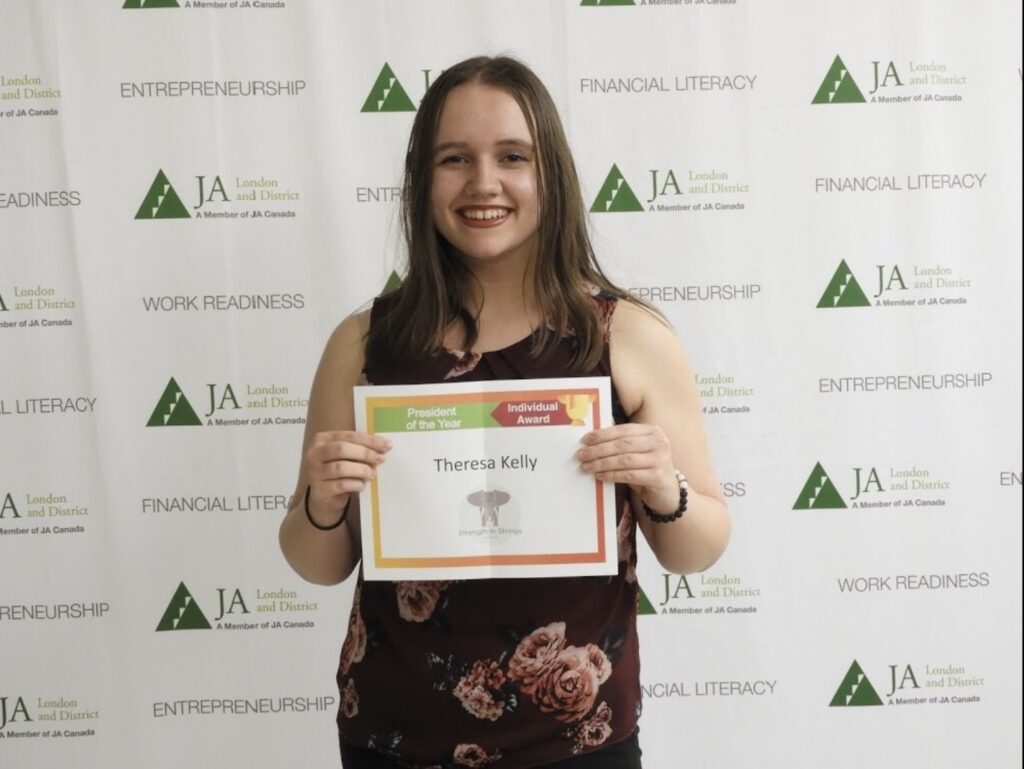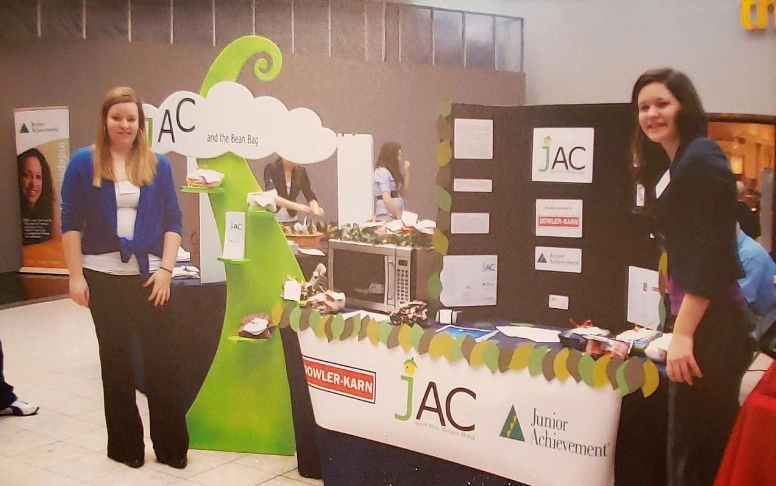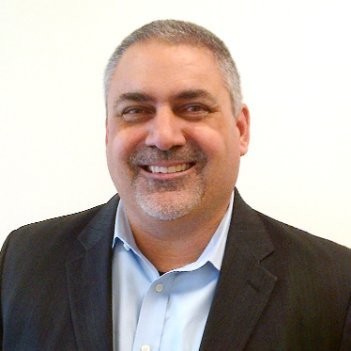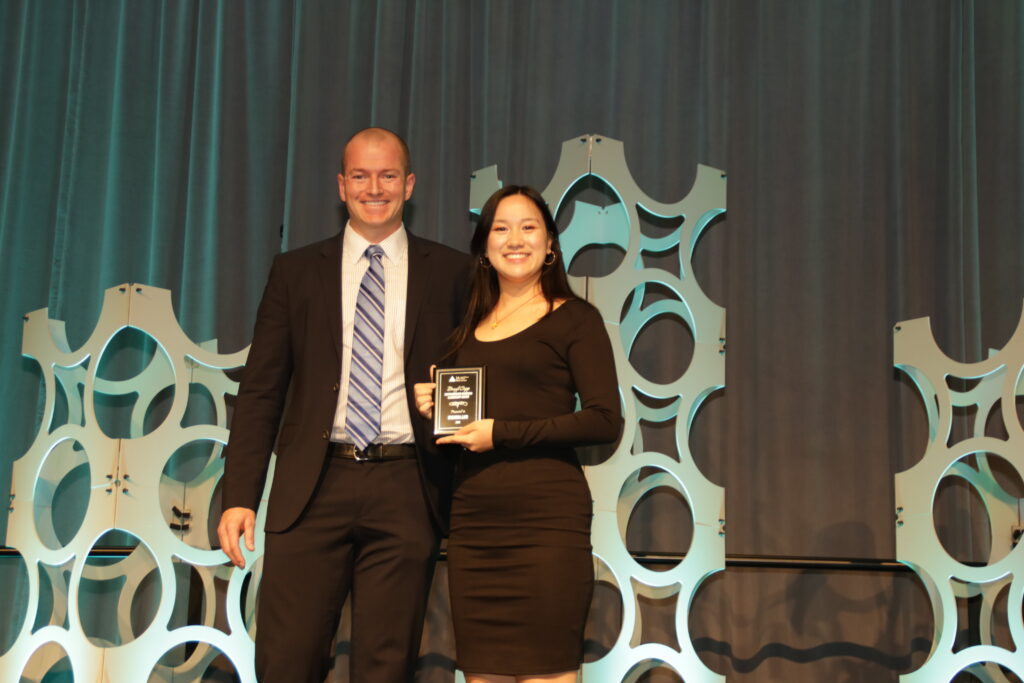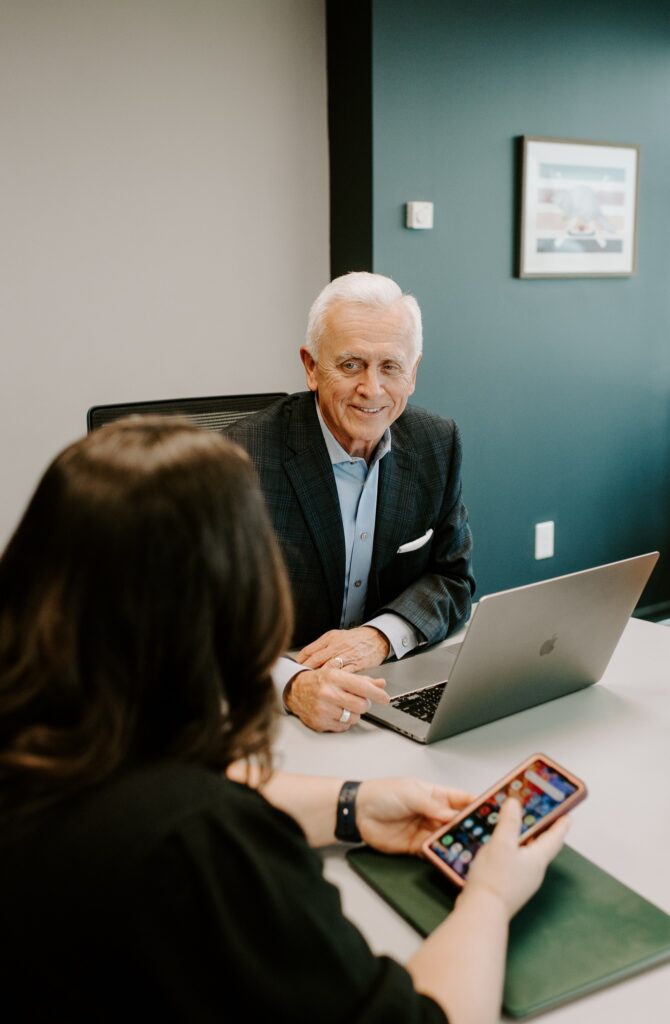 A new year means a new start and many people consider changing jobs and/or careers in January. It can be a daunting thought for people with work experience, and absolutely overwhelming for a young person who’s just starting out.
A new year means a new start and many people consider changing jobs and/or careers in January. It can be a daunting thought for people with work experience, and absolutely overwhelming for a young person who’s just starting out.
We sought insights from Kim MacPherson, a JA South Western Ontario board member and a Global Talent Leader, to gain her thoughts and perspective on the future of work.
Q: In your experience across various industries, have you identified any trends in Human Resources that were common to all? If so, what were they?
A:
Absolutely, and it’s an exciting time for young professionals! One trend that stands out across the board is the emphasis on adaptability and agility. Companies are valuing individuals who can quickly pivot and learn new things.
It’s not just about having specific skills; it’s about having the mindset to embrace change and always being ready to grow.
So, consider your career a constant learning journey, and you’ll be well on your way.
Q: We know that many people will work in jobs that don’t yet exist. How can young people prepare themselves for this reality?
A:
Get ready for a future full of possibilities.
To thrive in a future of unknown professions, young individuals should focus on building a solid foundation of transferable skills.
Critical thinking, creativity, and adaptability will be invaluable assets, transcending specific job requirements.
Embrace a mindset of continuous learning, stay curious, and be proactive in seeking diverse experiences. The key is to be open-minded and ready to learn, no matter where your career takes you!
Q: Looking ahead, what does the work environment look like? What are some outcomes from the pandemic that you think will have a lasting impact?
A:
The future workplace is all about flexibility and balance, offering more options for how and where you work. Thanks to the lessons from the pandemic, hybrid work is here to stay, giving you the chance to create a work environment that suits you. It’s not just about the job; it’s about finding a workplace that values your well-being.
Hybrid work models will likely become the norm, offering employees a balance between remote and office-based work. This shift will influence HR practices, focusing on employee well-being, digital collaboration tools, and redefining performance metrics to accommodate diverse work arrangements.
Q: What do you think are the top three competencies youth need to develop to be successful in the workplace of the future?
A:
First, digital literacy is paramount. Familiarity with emerging technologies and adapting to new digital tools are essential skills for the future workforce.
Second, critical thinking and problem-solving skills will be in high demand. The ability to analyze complex situations, think creatively, and propose innovative solutions will set individuals apart.
Last, effective communication and collaboration skills will be crucial in a world where remote work and virtual teams are increasingly prevalent. Being able to convey ideas clearly and collaborate seamlessly across diverse teams will be crucial to success.
Life is full of surprises, and being able to bounce back from setbacks with a positive attitude will make you unstoppable.
Q: What’s one piece of advice or guidance you’d offer youth as they enter the workplace?
A:
Embrace the adventure! Your career is a journey, not a destination.
Always be hungry to learn, seek out mentors who can guide you, and never shy away from trying new things.
Your success isn’t just about what you know today but how eager you are to keep growing.
So, stay curious, stay open-minded, and remember that every experience, no matter how small, is a step toward building your fantastic future.
If you’re interested in reading more about the Future of Jobs, we encourage you to check out the World Economic Forum report: https://www.weforum.org/publications/the-future-of-jobs-report-2023/
